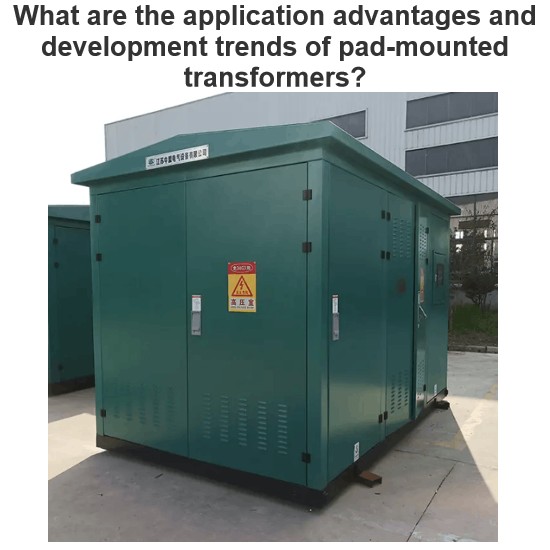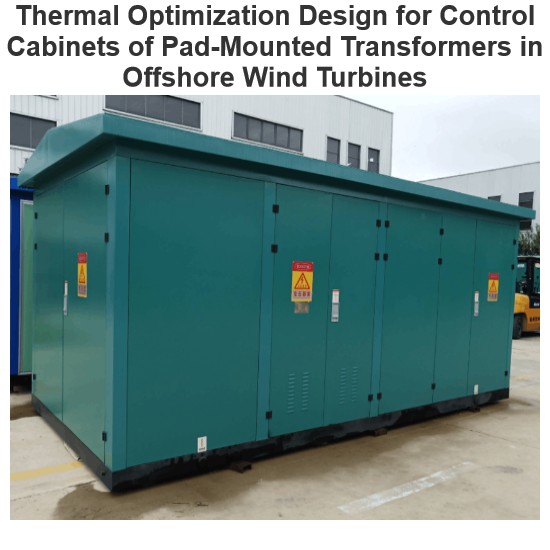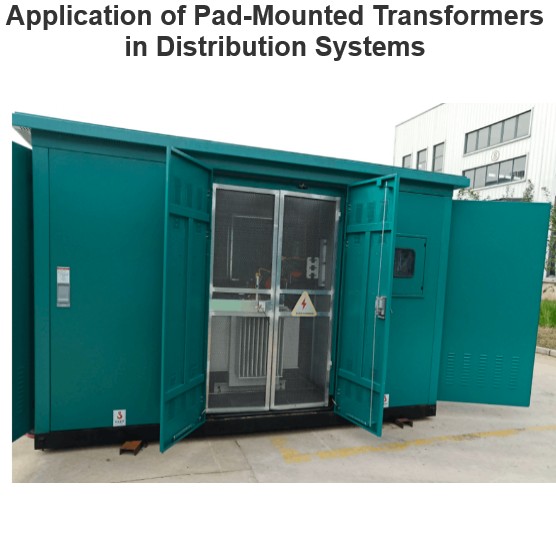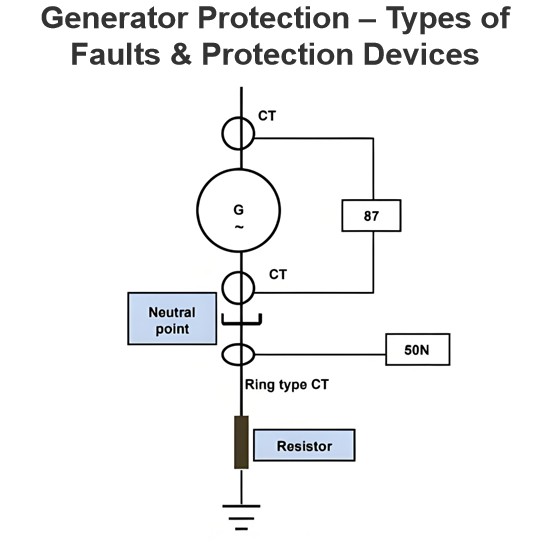What is a Step Down Transformer?
What is a Step Down Transformer?
Step Down Transformer Definition
A step-down transformer is defined as a transformer that converts high voltage (HV) to low voltage (LV) and high current on the secondary side.
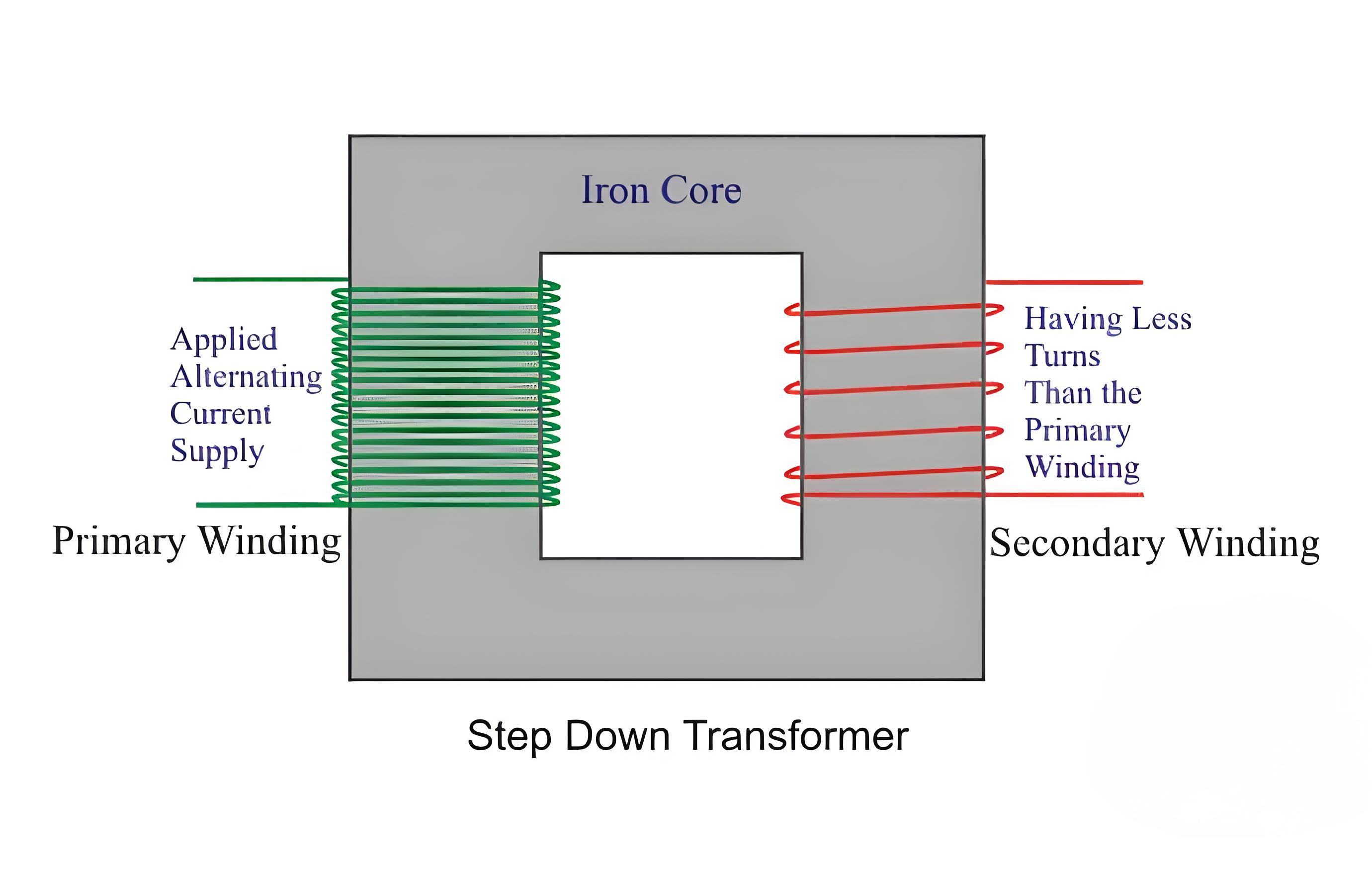
Working Principle
The working principle involves transforming electrical energy to magnetic energy in the core and back to electrical energy on the secondary side.
Turns Ratio
The turns ratio (n) is the ratio of primary to secondary voltage, which equals the ratio of turns on the primary side to the secondary side.
Output Voltage Calculation
The output voltage is calculated by multiplying the number of turns on the secondary side by the primary voltage and then dividing by the number of turns on the primary side.
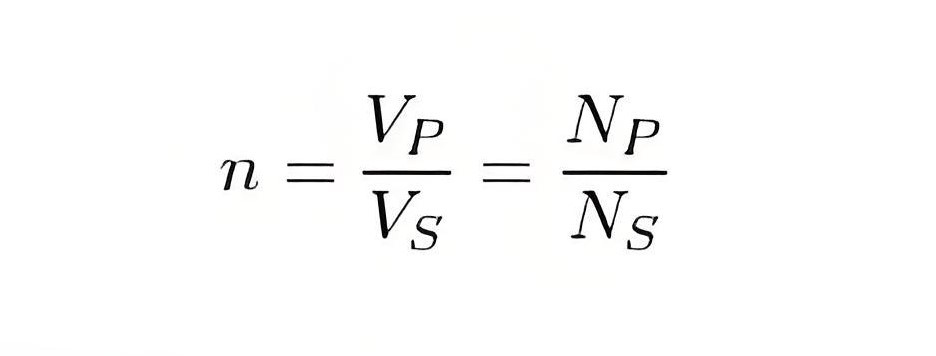
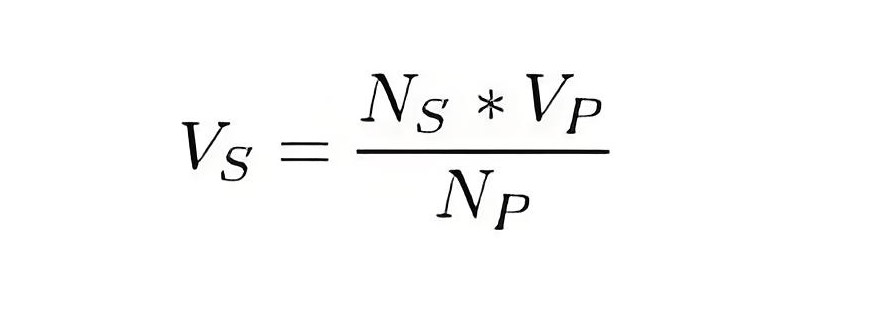
Applications
Step-down transformers are used in electronic devices to supply low voltage and in power systems to adapt voltage levels for consumers, reducing transmission losses.
The Electricity Encyclopedia is dedicated to accelerating the dissemination and application of electricity knowledge and adding impetus to the development and innovation of the electricity industry.
